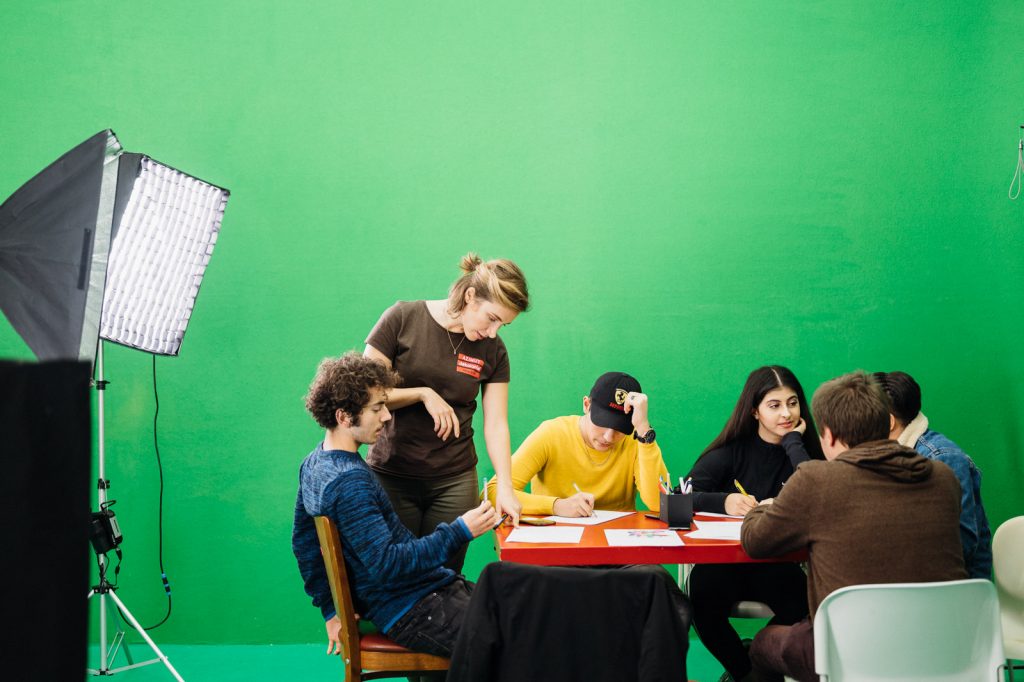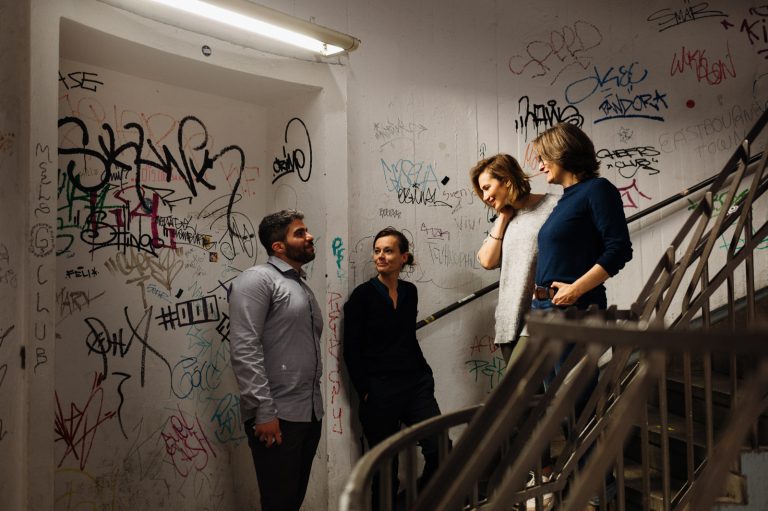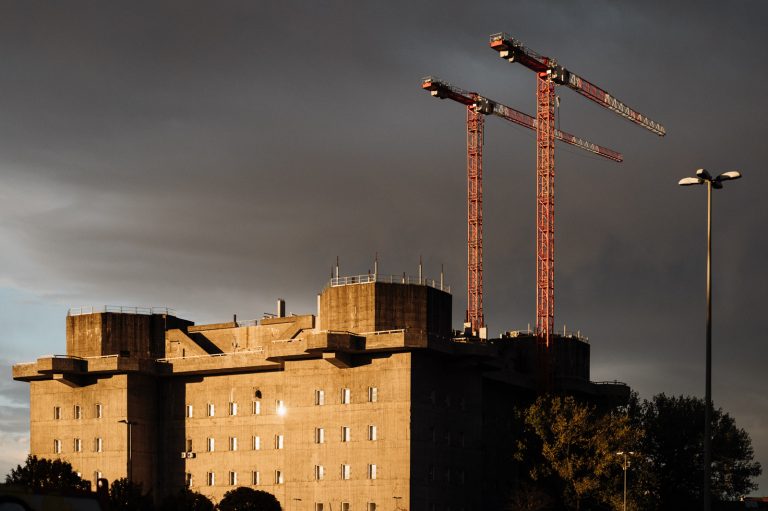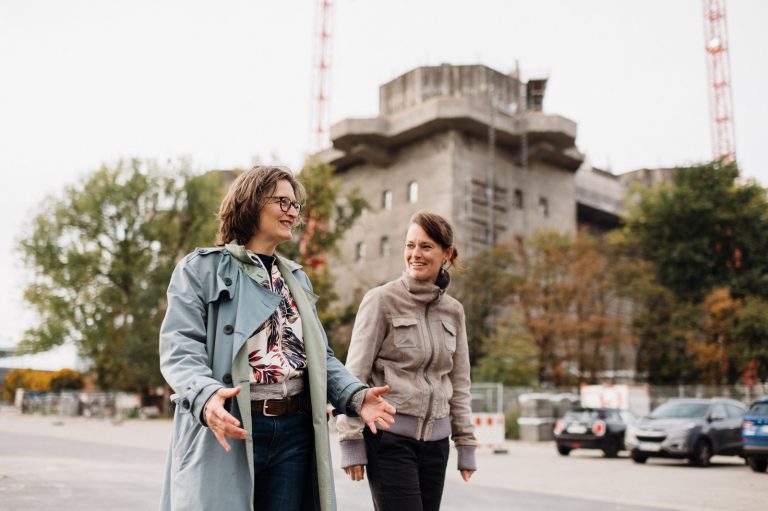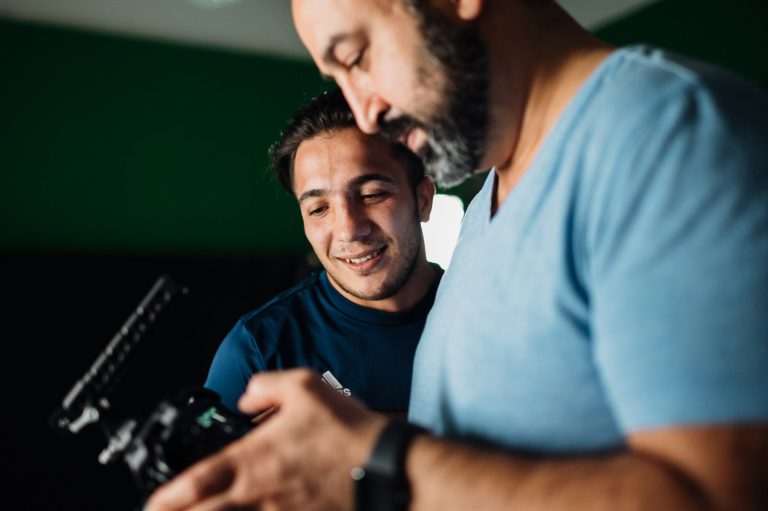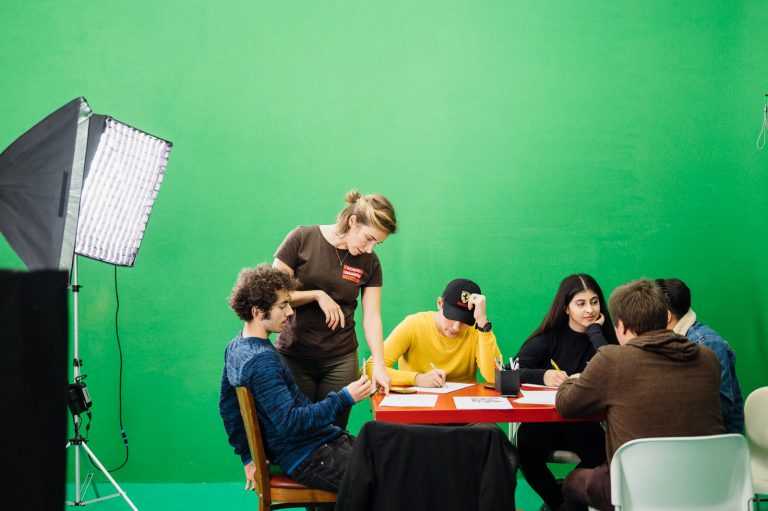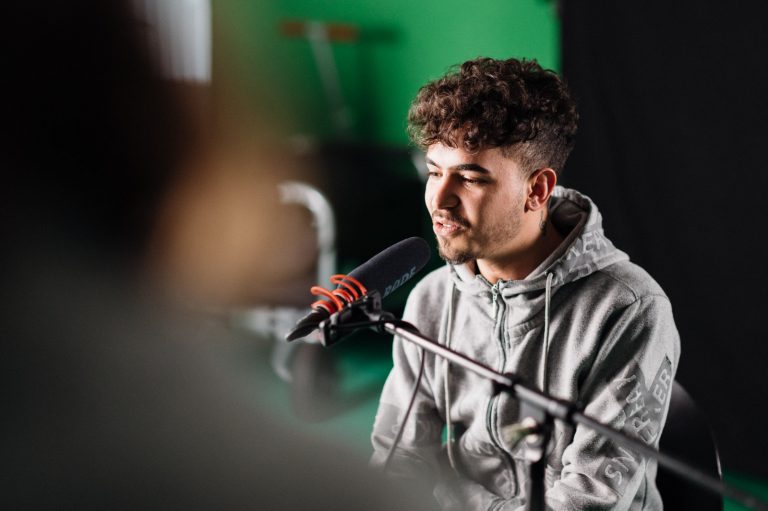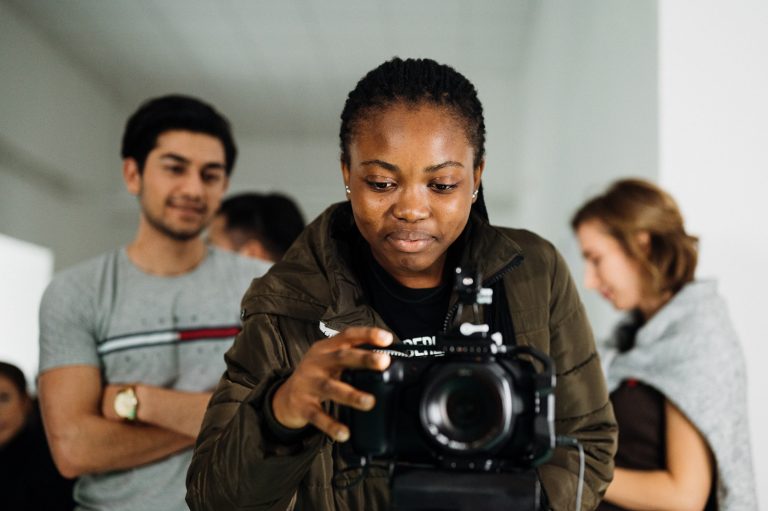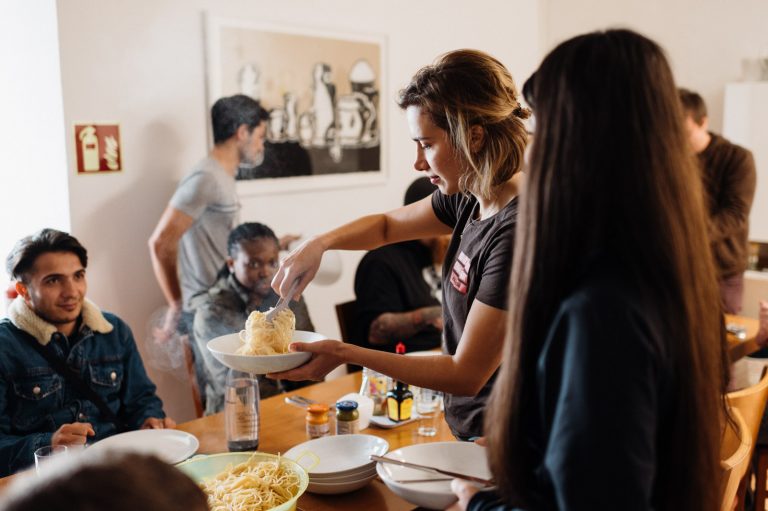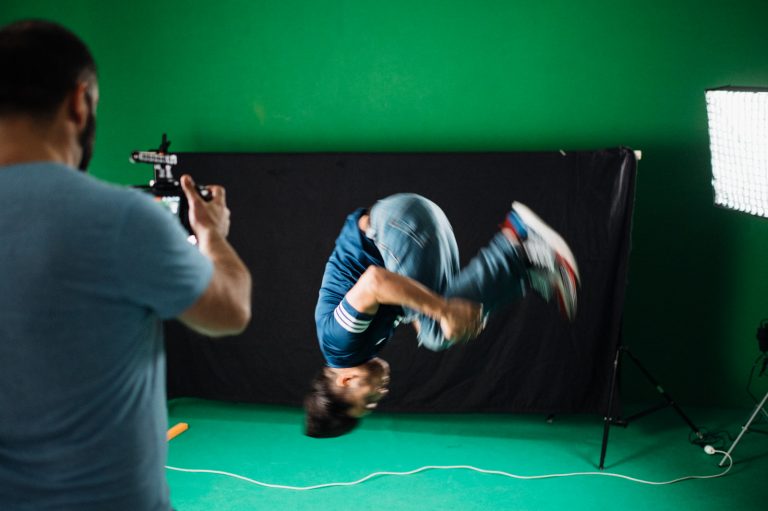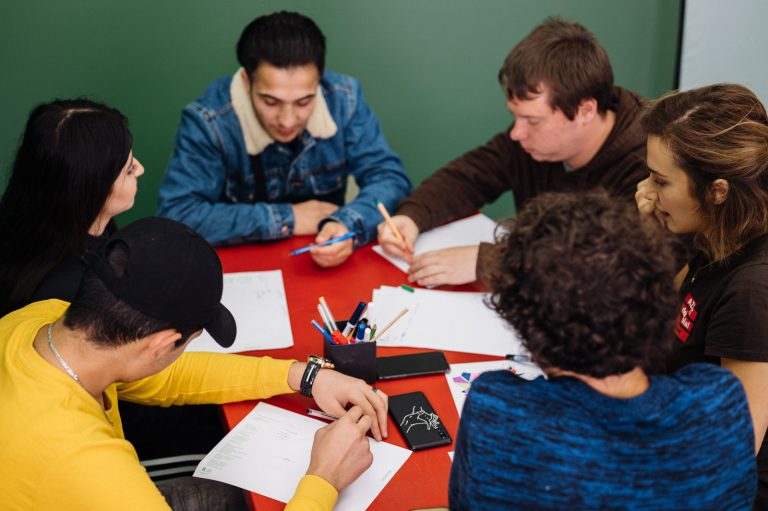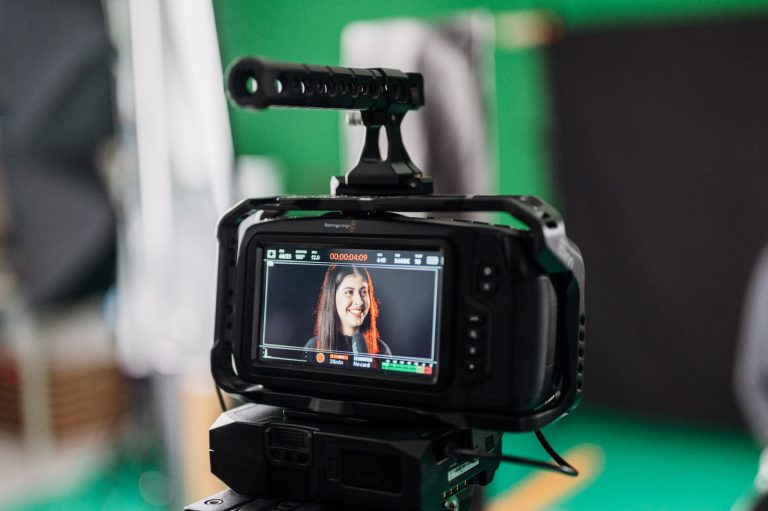M.Power by Hajusom e.V.
The Hamburg-based artist initiative Hajusom e.V. has been carrying out artistic projects with unaccompanied refugees since 2010. As a center for transnational art, Hajusom unites artistic quality, political activism, and social engagement. They have received the award for their newly developed video performance project M.Power.
“The Hajusom Project dares to take a step toward the future, bringing different population groups together for the first time without shining light on discrimination, instead holding up a mirror to society. These artists succeed in applying humor and irony while confronting controversial current issues like discrimination and integration. This emancipative-innovative approach would also be beneficial for the current state of public discourse”, says the jury.
Report on Hajusom e.V.
The Center for Transnational Arts combines artistic quality, political activism and social commitment.
1999: In a rocked-out basement pub in Hamburg, Hatice, Jusef, and Omied meet Dorothea Reinicke and Ella Huck for the first time, taking part in an intercultural theater workshop hosted by the two performance artists. It is a special moment for everyone, but none of them anticipate that this encounter is soon going to turn into an association for transnational arts – Hajusom. Named after Hatice, Jusef, and Omied.
Incredible Power
20 years later: Hatice has been deported, Jusef has fled further to Belgium, Omied still lives in Hamburg. The three-month pilot project from back then has turned into a recognized venue for transnational performance art. “Incredible power and dynamics developed in this group right from the beginning,” says Ella Huck, “there was tremendous spirit in the air, and we just couldn’t end the project after three months.”
Today, they are no longer obliged to meet in rocked-out basements. The association has found peace and quiet within the thick walls of a former bunker in Hamburg’s Heiligengeistfeld area. Hajusom is a venue for dancing, making music, performing, working together, helping, laughing, and crying. According to Ella Huck “Hajusom has already become more than a place for making art for many of these young people, it has become their second home.”
Critical, Ironic
Hajusom consists of one permanent professional ensemble and three junior groups. One of them is the performance group M.Power under the direction of Farzad Fadai (31). Farzad Fadai came to Hamburg in 1996, joining Hajusom shortly thereafter. “I believe my path would have gone differently if I hadn’t had this point of contact,” he says. Today, Farzad Fadai studies social work and supervises M.Power. Their most recent performance, M.Power explains Germany, takes critical-ironic positions on subjects as migration, racism, and inclusion.
For this video performance project, the artists at Hajusom have teamed up with barner 16, an inclusive and interdisciplinary network with around 100 full-time and freelance culture creators with and without disabilities. “Together with the video department at barner 16, we’ll be developing videos in a serial format,” explains Farzad Fadai. “They’re going to show us how to handle a camera, edit films, and add music.” At the end of the project, a series will be available on a specially created joint YouTube channel for Hajusom and barner 16. M.Power addresses a wide variety of subjects: experience with racism, war, peace, yet also school, training, and Christmas.
The young refugees do have a lot of questions:
Omid: “Ms. Merkel said ‘We can do this’ when the refugees came to Europe. Why didn’t she say how we are going to make it?”
Roja: “Why do you Germans think you are better than us?”
Jennifer: “Why do people have to buy a ticket before they enter a bus?“
Basar: “Why do foreigners have to spend more than seven hours waiting at the Foreigners’ Registration Office in order to get a new residence permit?”
Art as Empowerment
Hajusom understands art as empowerment. “We endeavor to use artistic means to develop skills, tear down prejudices, and give each and every one a voice,” says Ella Huck, “for we feel their voices are heard too seldomly. And we hope that our work will provide impulses for a better social coexistence. We hope that our young participants will carry the spirit they find here out into the world.”

